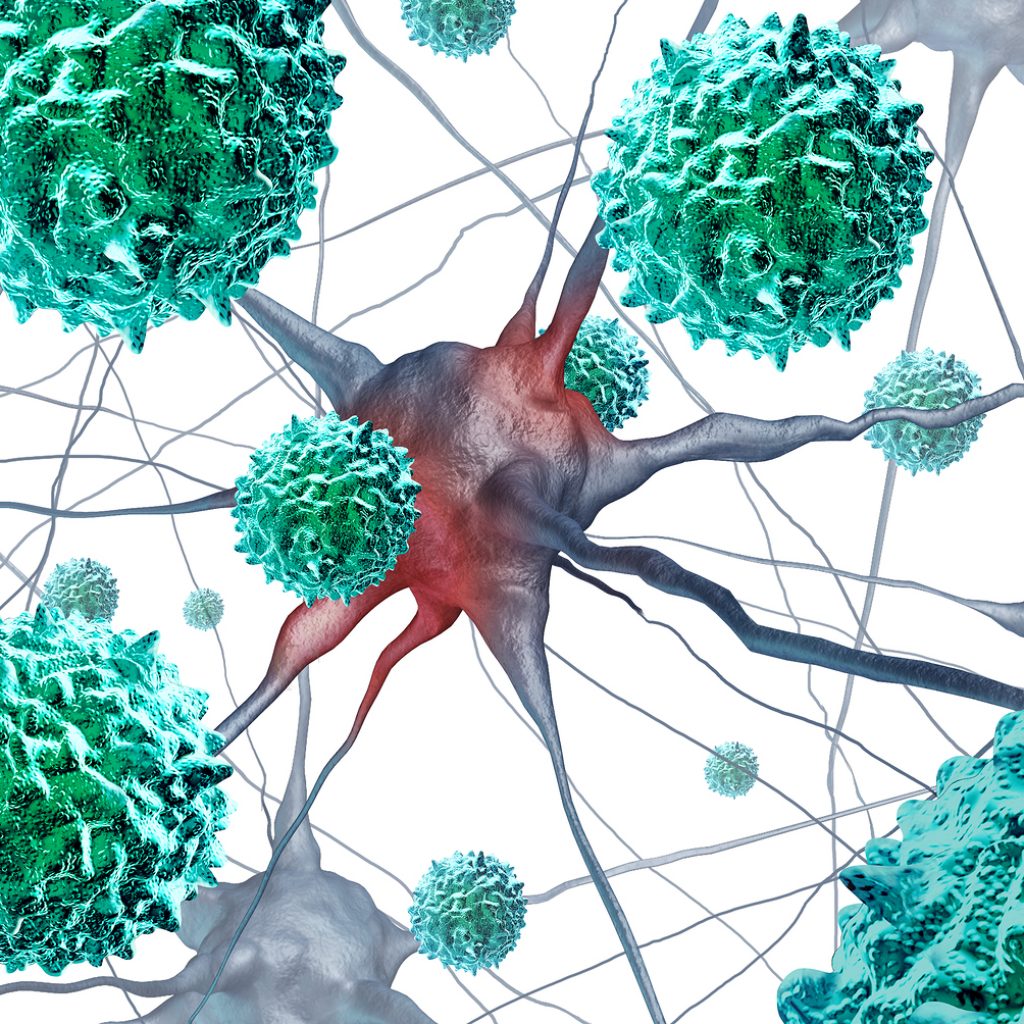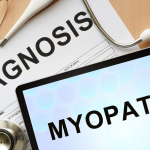Neuropathy: Definition, Causes, Symptoms, and Treatment by Leesburg Neurology Specialists
This article on neuropathy is an updated version that was originally published in October 2018. It contains the latest information and developments as of January 2024.
Neuropathy is a condition that affects the nerves in the body, causing symptoms such as tingling, numbness, and pain in the hands or feet. Many Americans suffer from neuropathy, but some of them may not be aware of it or seek medical help. This can be dangerous, as neuropathy can have serious consequences for your health and quality of life.
In this article, we will explain what neuropathy is, what causes it, and how to recognize the warning signs. We will also discuss how a Leesburg neurology specialist can help you diagnose and treat neuropathy, and how to prevent or manage it. By reading this article, you will learn more about this common but often overlooked condition, and how to take care of your nerves.
What is Neuropathy?
Neuropathy is a term that describes the damage or dysfunction of the nerves in the peripheral nervous system, which are the nerves that connect the brain and spinal cord to the rest of the body. Neuropathy can cause various symptoms, such as pain, numbness, and weakness, especially in the hands and feet. Neuropathy can be classified in different ways, depending on which nerves are affected or what is causing the nerve damage. The four main types of neuropathies are:
- Peripheral neuropathy: This is the most common type of neuropathy, which affects the nerves outside of the brain and spinal cord. It can be caused by diabetes, infections, injuries, toxins, medications, or other conditions.
- Cranial neuropathy: This type of neuropathy affects one or more of the 12 cranial nerves that originate from the brain. These nerves control functions such as vision, hearing, smell, taste, and facial movements. Cranial neuropathy can be caused by tumors, infections, strokes, or trauma.
- Autonomic neuropathy: This type of neuropathy affects the nerves that regulate the involuntary functions of the body, such as blood pressure, heart rate, digestion, bladder function, and sweating. Autonomic neuropathy can be caused by diabetes, Parkinson’s disease, HIV, or other conditions.
- Focal neuropathy: This type of neuropathy affects a single nerve or a group of nerves in a specific area of the body. It can be caused by compression, injury, inflammation, or infection of the nerve.
Neuropathy can be difficult to diagnose because it can have many different causes and symptoms. It requires a skilled neurologist in Leesburg to determine the exact type and cause of neuropathy and to provide the best treatment options.
Causes of Neuropathy
Neuropathy is a condition that affects the nerves, causing symptoms such as numbness, tingling, pain, and weakness. There are many possible causes of neuropathy, including:
- Diabetes, which can damage the nerves due to high blood sugar levels
- Genetic or inherited neuropathy, which is passed down from parents to children
- Toxins and poisons, which can harm the nerves by exposure or ingestion
- Trauma or injury, which can injure the nerves by compression, stretching, or cutting
- Drugs or medication, which can have side effects on the nerves
- Tumors, which can press on or invade the nerves
- Cancer, which can spread to the nerves or affect them indirectly
- Uremia/kidney failure, which can cause nerve damage due to waste products in the blood
- Post-herpetic neuralgia, which is a complication of shingles infection that affects the nerves
- Alcoholic neuropathy, which is caused by chronic alcohol abuse
- Idiopathic neuropathy, which is neuropathy that has no known cause
Symptoms
Neuropathy can cause different symptoms depending on the type and location of the affected nerves. Some of the common symptoms are:
- Numbness that starts in the toes or fingers and spreads upward
- Tingling or prickling sensations in the limbs
- Pain that is sharp, burning, throbbing, or freezing
- Sensitivity to touch or temperature
- Difficulty with balance or coordination
- Muscle weakness or paralysis
- Changes in blood pressure or heart rate
- Problems with digestion, urination, or bowel movements
- Altered sweating or heat intolerance
If you notice any of these symptoms, you should seek medical attention as soon as possible.
When should you seek treatment?
Neuropathy can be diagnosed by a neurologist who will perform a physical exam and various tests to determine the cause and extent of nerve damage. This disorder can be treated with medications and other therapies that can help reduce pain and improve function. The sooner you get diagnosed and treated, the better your chances of preventing further nerve damage and improving your quality of life.
Neuropathy is a serious condition that can affect your health and well-being. If you think you have this disorder or you have a family history of it, don’t wait to see a neurologist. Contact Neurology Associates today and schedule an appointment with Dr. Sarbjot Dulai, our expert in neuropathy. He will provide you with a comprehensive evaluation and a personalized treatment plan that suits your needs.
Resources:
Peripheral Neuropathy Explained














